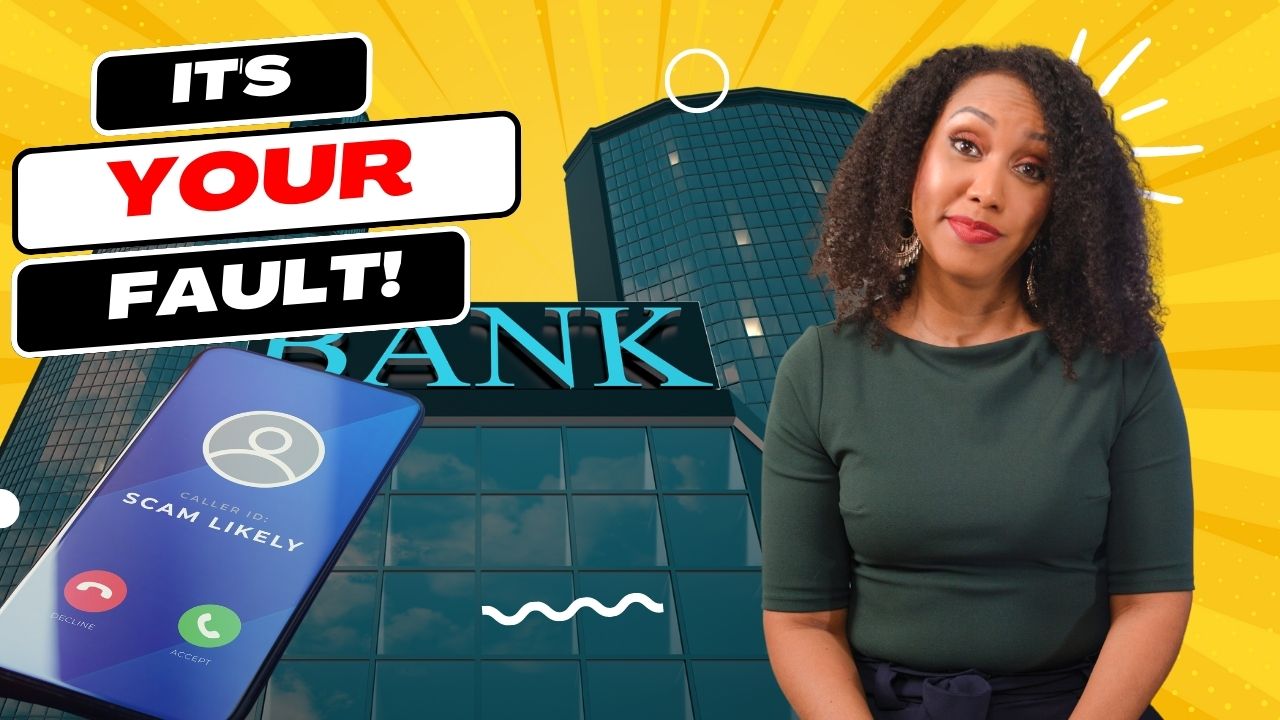
Who Should Pay for Phishing Scams?
Should banks stop reimbursing customers who fall for scams? One NCB exec thinks so!
So I saw this article in the Gleaner recently. It quotes Dane Nicholson, NCB’s manager of special investigations at the Fraud Prevention Unit. He’s also head of the Jamaica Bankers Association’s anti-fraud committee.
Nicholson believes some banking customers need a dose of tough love for falling for smishing and phishing scams.
Smishing is when scammers use fake text messages to trick persons into downloading malware that sends sensitive information or funds to them.
Phishing uses fake websites to con people into revealing bank and credit card information and passwords.
Nicholson says banks should stop reimbursing customers who fall victim to smishing and phishing because they’ve been warning customers for years not to click on links or send sensitive info through email.
But according to Nicholson, on average, at least 15 people are still getting scammed through these methods every week!
In it’s Financial Stabilty report, the Bank of Jamaica said that internet banking fraud was the third highest type of fraud reported between 2018 to 2022. Over $58 million was scammed.
So Nicholson is basically saying ‘who cyaa hear, must feel’.
And banks have ramped up their campaigns warning about these types of attacks. They tell you what to look out for, what not to do etc. Now the banker’s are saying we’re doing our part, you have to do yours.
The specialist also urged companies to stop using QR codes because the technology is vulnerable to hackers.
And if you’re thinking how would this no QR code rule affect digital wallets, Nicholson said digital wallets would actually help fight against SIM-card swapping as the wallets generally tokenise credit cards, preventing scammers from gaining access.
But just as a rule of thumb for you, here are a few tips:
-Don’t do financial transactions on public Wi-Fi.
-Cover your pin at ABMs and point of sale machines.
-Never share your banking info via email – no institution would ask you to do that!
-And of course, double check email addresses when someone sends you a link to enter your password or banking information. When in doubt, call your bank and verify that they sent you that message.
And that’s the bottom line.
Ask The Analysts
The Cast David Rose Business Writer, Observer Leovaughni Dillion Investment Research & Sovereign Risk Analyst at JMMB Group
R.A. Williams to list on JSE
The Cast Audley Reid CEO R.A. Williams Distributors Julian Morrison Founder, Wealth Watch JA


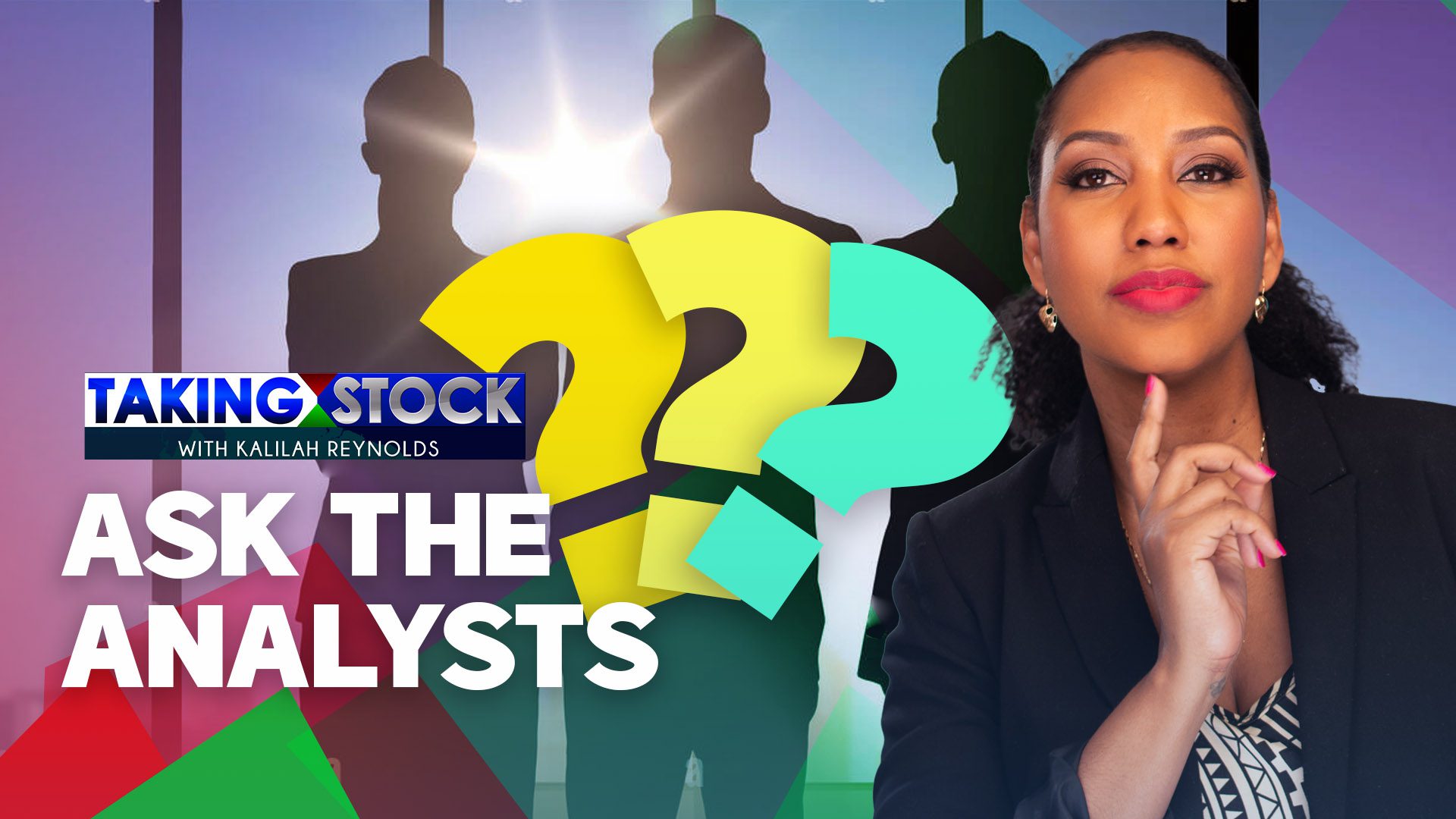
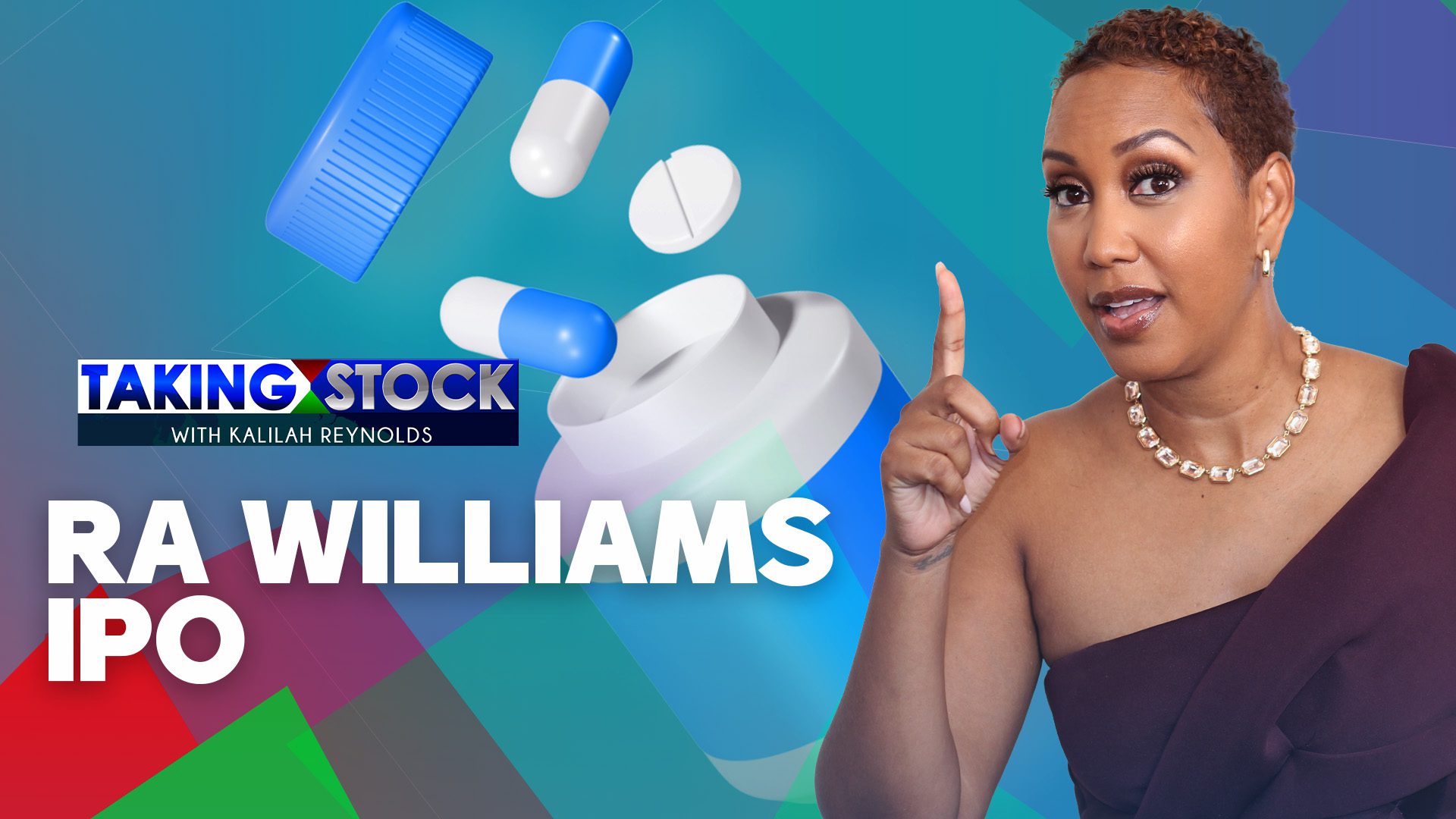




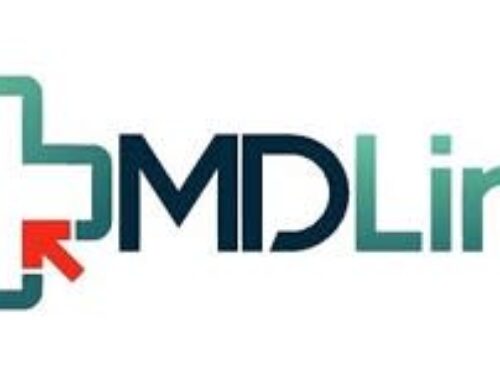
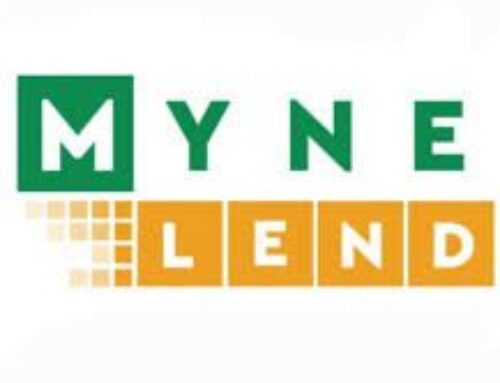
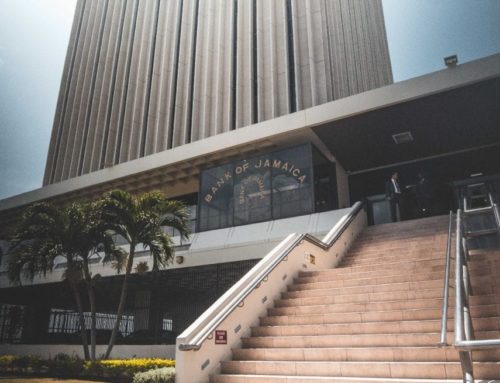
Leave A Comment